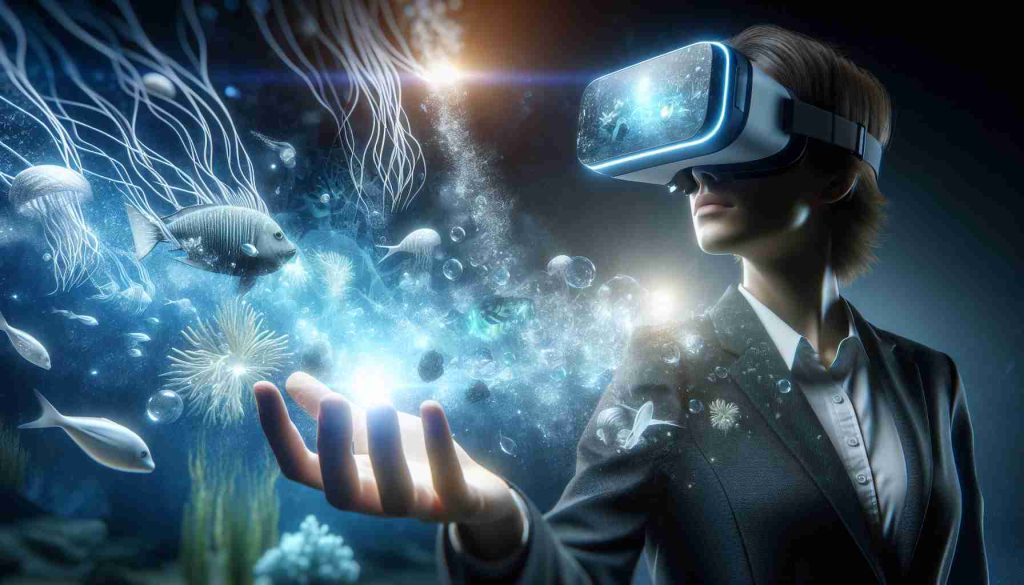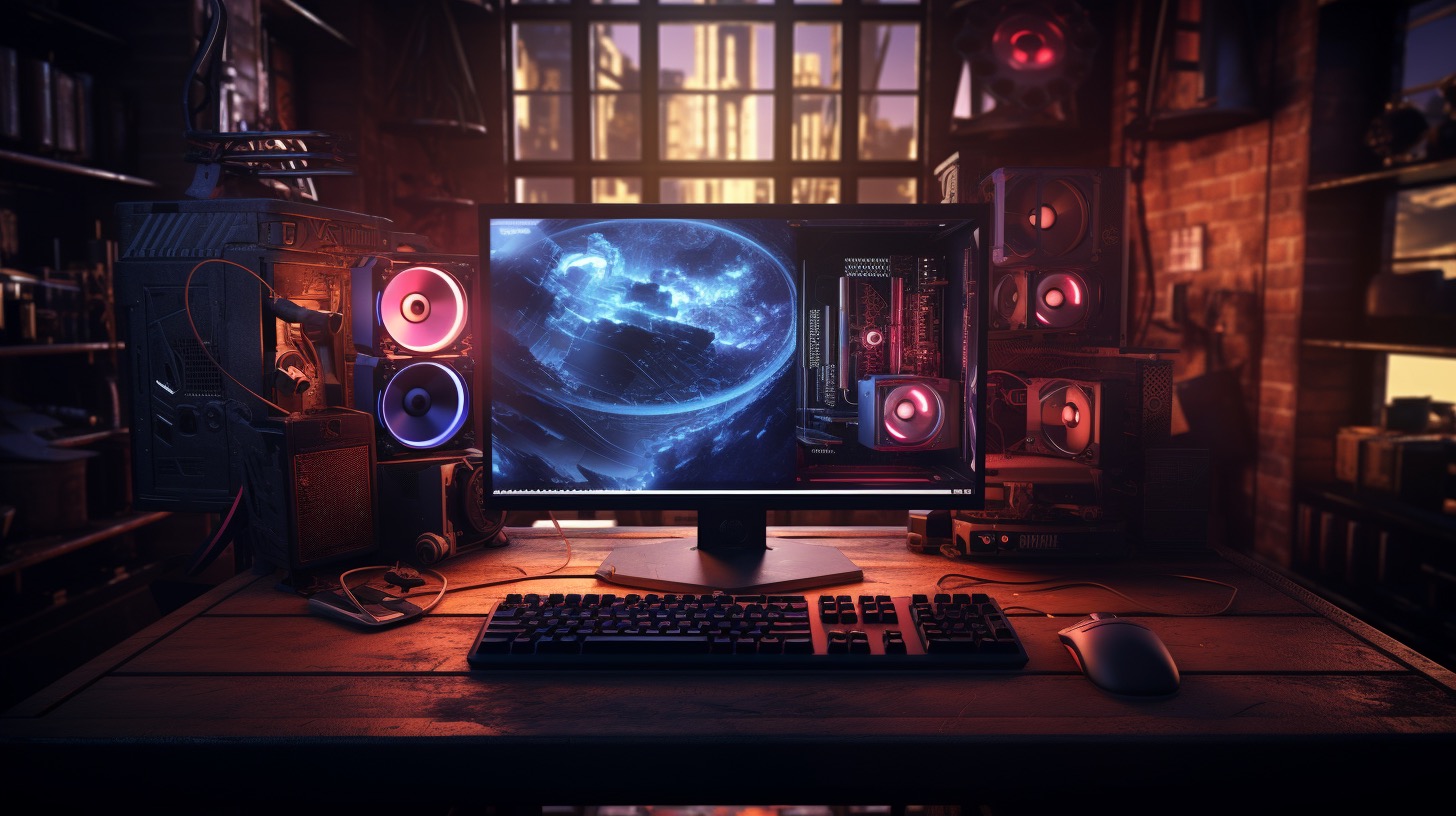
Professional surfer and Olympic athlete Sally Fitzgibbons has teamed up with technology company Devika to create a revolutionary virtual reality (VR) experience called the Evenness Experience. This innovative project aims to bring the therapeutic benefits of the ocean to people with neurodevelopmental disorders, providing them with a unique opportunity to manage anxiety and find comfort in the calm waves.
Inspired by her connection to the ocean, Fitzgibbons believes everyone should have the opportunity to experience the beauty of the ocean, regardless of physical or mental limitations. Thanks to virtual reality technology, people who can't get out into the water can now immerse themselves in an ocean adventure and reap the therapeutic benefits.
The launch of the Sally Fitzgibbons Art Therapy Experience will be held on Friday 12 June at the City Beach Function Center in Wollongong. The event aims to bring together various organisations, including the NDIS, mental health agencies, schools and health professionals, to explore the potential of virtual reality technology to support people with neurodevelopmental disorders.
In a pioneering pilot study led by Dr Caroline Mills and Professor Robert Jurkin from the Translational Health Research Institute at Western Sydney University, Evenis Room VR technology demonstrated significant improvements in anxiety, depression and sensory processing in adults with disabilities. These findings highlight the promising potential of virtual reality as an effective tool for sensory intervention and relaxation.
“Reduced anxiety was the most notable benefit reported by users,” Dr. Mills said. These promising results suggest that the application of immersive virtual reality in the disability sector could revolutionize current practices and provide new insights for support organizations.
The charity launch event will include panel discussions with Dr Caroline Mills, Sally Fitzgibbons, and Lifeline Ambassador and Paralympian Sarah Walsh. Additionally, a special demonstration of the transformative virtual reality therapy technology will be given to the South Coast Disabled Surfers Association, a Wollongong-based charity that was instrumental in supporting Paralympian Sarah Walsh during her childhood.
To attend the charity launch event and participate in this pioneering initiative, you can purchase tickets via the link provided. Don't miss the opportunity to watch Sally Fitzgibbons' art therapy experience unfold and the profound impact it will have on people with neurodevelopmental disorders.
Source: Image credit: Devika
Additional relevant fact:
1. Equal Experience VR technology fuses visual and audio elements to create a truly immersive surround experience. Users can see and hear the waves, sounds of seagulls and gentle ocean breeze, enhancing the therapeutic effect.
2. Sally Fitzgibbons is not only a professional surfer, but she is also an advocate for mental health and wellness. She has previously spoken about her own experiences with anxiety and the role the ocean plays in her mental health.
3. The Balance Experience was developed in collaboration with people with neurodevelopmental disorders, ensuring that their specific needs and preferences are taken into account in the VR environment.
Main questions and answers:
1. How does the Balance Experience benefit people with neurodevelopmental disorders?
The Ivins Experience provides a therapeutic and tranquil environment for people with neurodevelopmental disorders, allowing them to experience the beauty of the ocean and its calming effect. It can help reduce anxiety, improve sensory processing, and provide a feeling of relaxation and escape.
2. Are there any concerns about using VR technology for people with disabilities?
Although VR technology has shown promising results in improving the well-being of people with disabilities, it is important to consider factors such as motion sickness or discomfort for some users. It is necessary to adapt the experience to individual needs and capabilities.
Key challenges or controversies:
A potential challenge will be ensuring that the Evenness experience is available to as many people with neurodevelopmental disorders as possible. This may require overcoming obstacles such as cost, availability, and technology requirements. Collaboration with organizations, schools, and healthcare professionals can help overcome these challenges and ensure widespread adoption of technology.
Benefits of the Balance Experience:
1. Accessibility: The Evenness Experience allows people with physical or mental limitations to access and enjoy the therapeutic benefits of the ocean in the comfort of their own environment.
2. Personalized experience: VR technology can be tailored to meet the specific needs and preferences of each user, providing a personalized and immersive experience.
Disadvantages of trying a draw:
1. Limitations of VR technology: Although VR technology has advanced, it still suffers from limitations in terms of realistic sensory experiences. Visuals and audio may not fully reflect the actual sensations of being in the ocean.
2. Potential Health Concerns: Some individuals may experience discomfort, motion sickness, or sensory overload when using VR technology. It is important to monitor and resolve these issues to ensure a positive user experience.
Suggested links related to the main field:
1. Sally Fitzgibbons Foundation
2. Devika
3. Western Sydney University

“Certified gamer. Problem solver. Internet enthusiast. Twitter scholar. Infuriatingly humble alcohol geek. Tv guru.”





